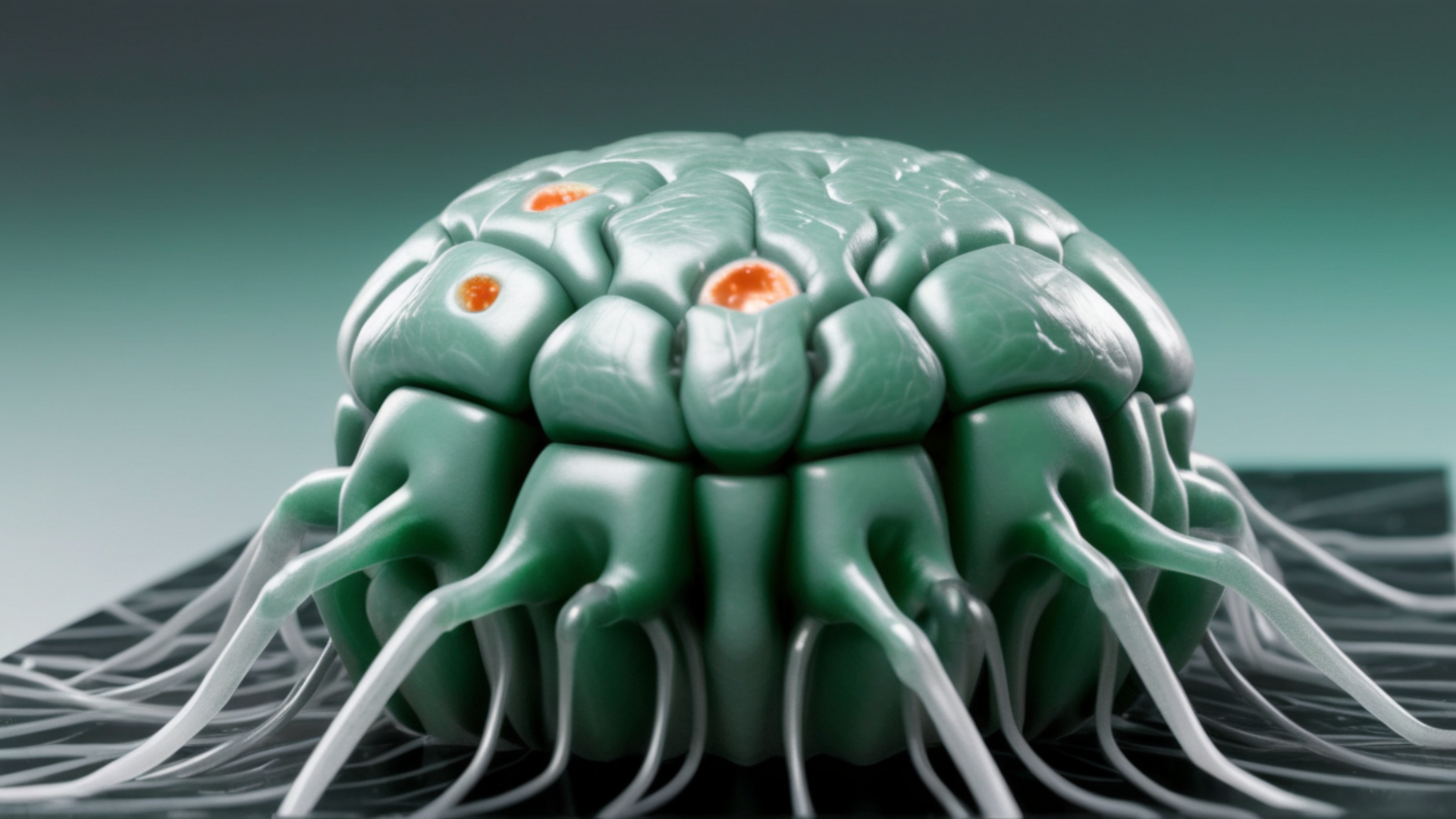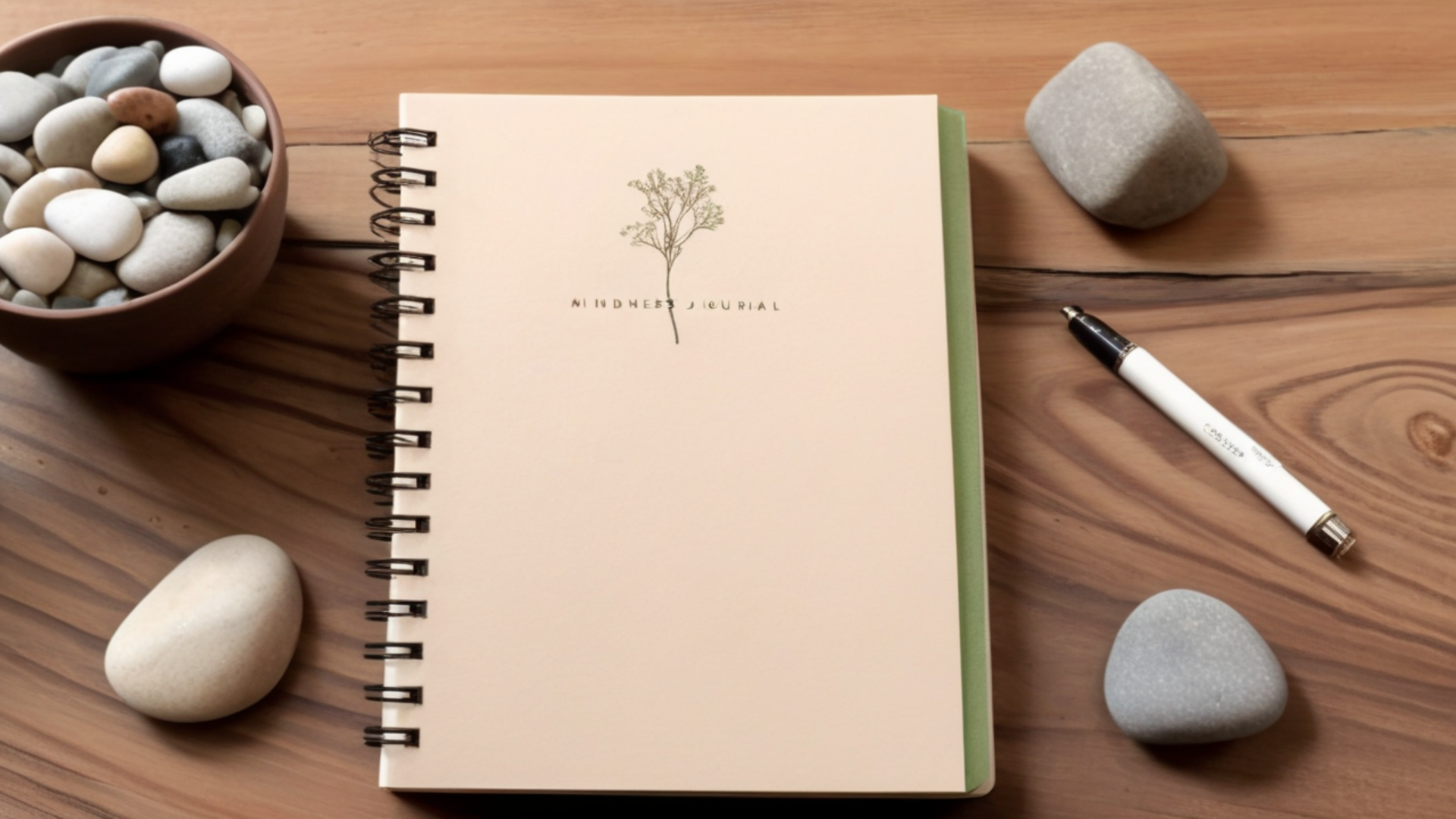Amid life's chaos, find serenity with simple acts: self-hugs, deep breaths, and visualization. These techniques help anchor calm and foster resilience in everyday moments.

Life’s chaos can make peace feel like a distant dream, but serenity is closer than you think. Whether you’re juggling deadlines, navigating relationships, or simply feeling overwhelmed, small shifts in awareness can anchor you back to calm. The key lies in reconnecting with your body and senses to interrupt spiraling thoughts. One simple trick? Cross your arms over your chest like a self-hug and gently rub your upper arms. This tactile motion grounds you by activating your sense of touch, while the pressure triggers endorphins—nature’s built-in stress relievers. Pair this with deep, intentional breaths to quiet the mind’s chatter and reset your nervous system.
Visualization is another powerful tool. Imagine a place where you feel completely safe—a sunlit beach, a cozy nook with soft blankets, or a trail beneath towering trees. Engage every sense: hear the waves or birdsong, smell saltwater or pine, feel warmth or a breeze against your skin. The more vividly you immerse yourself, the faster your body responds as if you’re truly there, melting tension away. This mental escape doesn’t require special skills—just practice. Over time, your mind learns to access this refuge effortlessly during stressful moments.
Don’t underestimate the power of reminding yourself, “I’m here, I’m safe.” Anxiety often tricks us into catastrophizing, but consciously recognizing your immediate safety—a stable chair beneath you, a locked door, the presence of someone who cares—can halt panic in its tracks. Soften this mantra by reflecting on love: picture a person, pet, or memory that fills you with warmth. Let that feeling expand in your chest, replacing tightness with lightness.
Lastly, remember that peace isn’t a permanent state but a series of micro-moments. Build tiny rituals into your day—a mindful sip of tea, noticing cloud shapes, humming a calming melody—to cultivate calm before stress escalates. Consistent self-compassion strengthens resilience, helping you navigate storms with steadiness. By anchoring to your body, senses, and heart, you hold the map to inner quiet, always available, always yours.
- Cross your arms over your chest like a self-hug and gently rub your upper arms to anchor yourself back to calm.
- Use visualization to create a safe place in your mind and practice accessing it during stressful moments.
- Remind yourself that you are here, you are safe, and reflect on love to release tension.
KEYWORDS
stress, mindful, calm, breathMOST READ
MORE TO READ

Mindfulness Practices Reduce Stress in Modern Life
Mindfulness practices help reduce stress and improve well-being by focusing on the present moment. They enhance emotional regulation and can be as effective as medication for anxiety.

Fruit Fly Brain Shows Unexpected Adaptability
The tiny fruit fly’s brain, with 140,000 neurons, reveals how focus and adaptability thrive under chaos—lessons to rethink wellbeing by filtering what truly matters in life’s noisy moments.

Spider Brains Reveal Human Waste System Insights
Scientists studying spider brains have uncovered a hidden brain waste removal system, which holds clues to Alzheimer’s disease. Nature-inspired research shows our brains have ancient cleaning mechanisms.

Human vs. chimp nerve cell study uncovers rapid evolutionary brain changes
Recent research reveals how rapidly evolving genetic switches called HARs uniquely shaped human brains, fueling our creativity and cognition—while inspiring us to mindfully nurture this evolutionary gift for growth.


